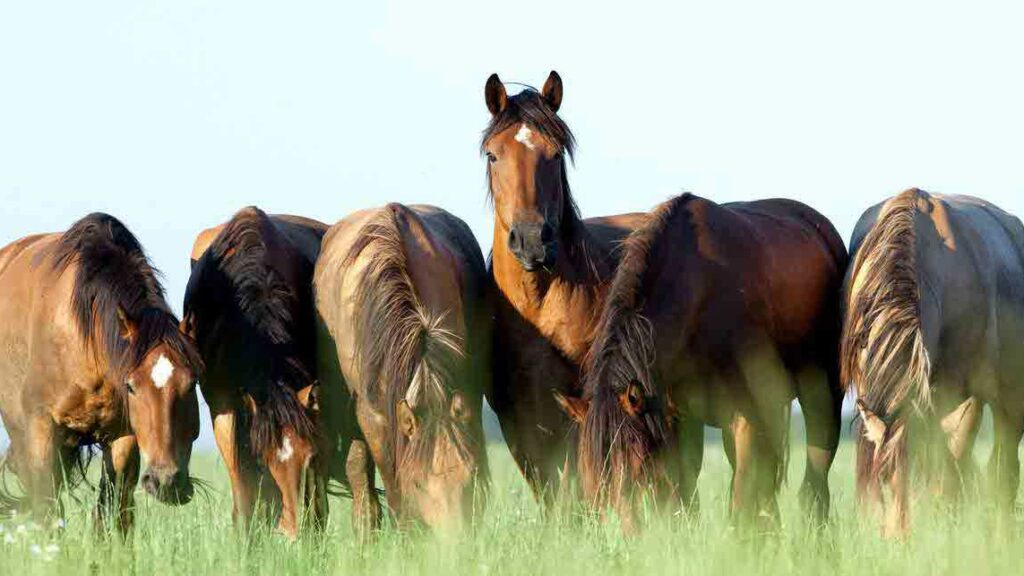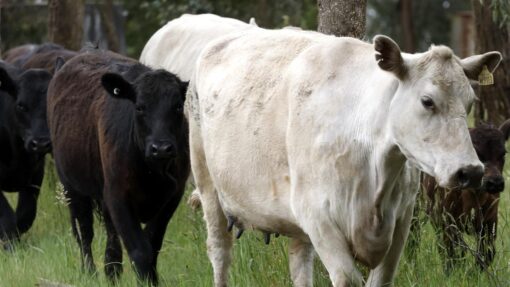New Hendra variant prompts Queensland vaccine warning to horse owners
Richard Dinnen - Queensland Editor |

The Queensland Government wants the state’s horse owners and veterinarians to vaccinate animals for the deadly Hendra virus, following the discovery of a new variant.
Minister for Agricultural Industry Development, Mark Furner, said the identification by researchers of a Hendra virus variant in samples collected in recent years was a timely reminder of the need for horses to be vaccinated.
Researchers at Griffith University identified the variant in samples of flying fox urine. It’s more easily spread than earlier Hendra virus variants and may have been circulating in Australia since 2015.
Mr Furner said the findings highlight the importance of horse owners and vets being vigilant in areas previously thought to be outside the range of Hendra.
“After reviewing this research, Biosecurity Queensland’s advice to horse owners and veterinarians is vaccination of horses is the most effective way to help manage Hendra virus disease.
“A registered vaccine is available to help prevent the disease in horses. And sound hygiene and biosecurity measures should be adopted as routine practice for all horse contact.”
Hendra virus infection can spread from flying foxes to horses, and they can pass it on to humans.
It has potentially serious health implications and can be lethal for both. Of the seven known human cases in Australia, four were fatal.
Mr Furner said owners who suspect a horse might be infected with Hendra virus should immediately contact their veterinarian.
The virus is named after the Brisbane suburb of Hendra, where an outbreak killed thirteen horses at a training complex in 1994.
Since then, the virus has killed more than 100 horses, mostly in Queensland and New South Wales. It’s a rare disease, but the death rate from infections is very high.
The recent Griffith University research shows the virus can be spread by flying fox species that are found in more southerly regions of Australia, which could significantly extend the range of the virus.



